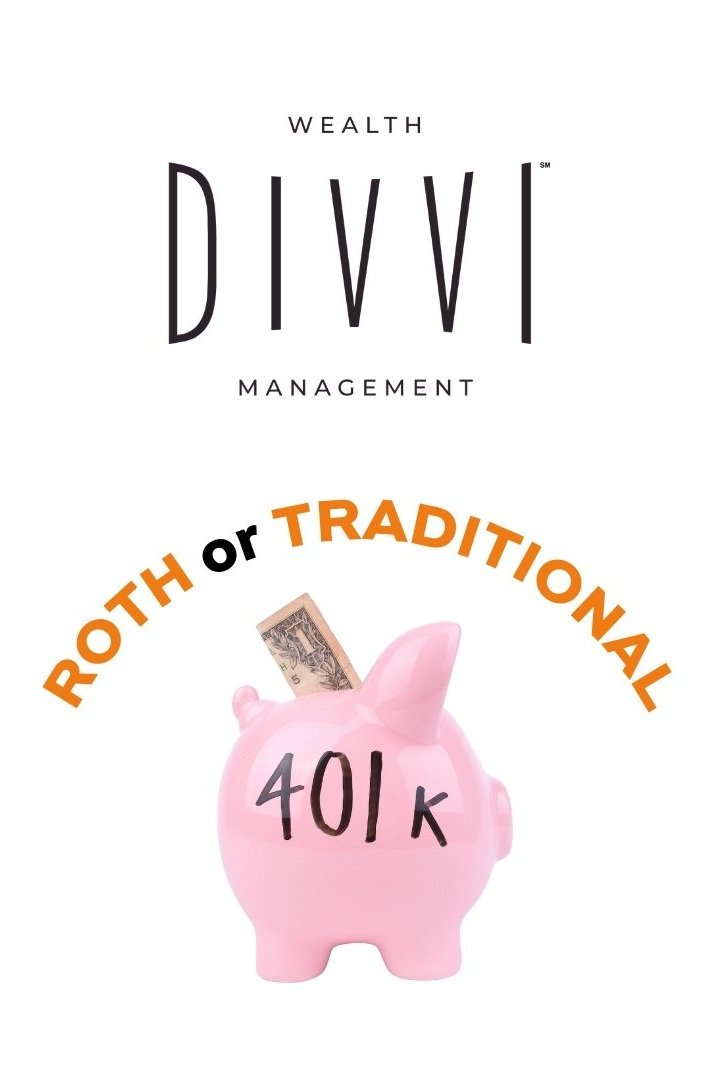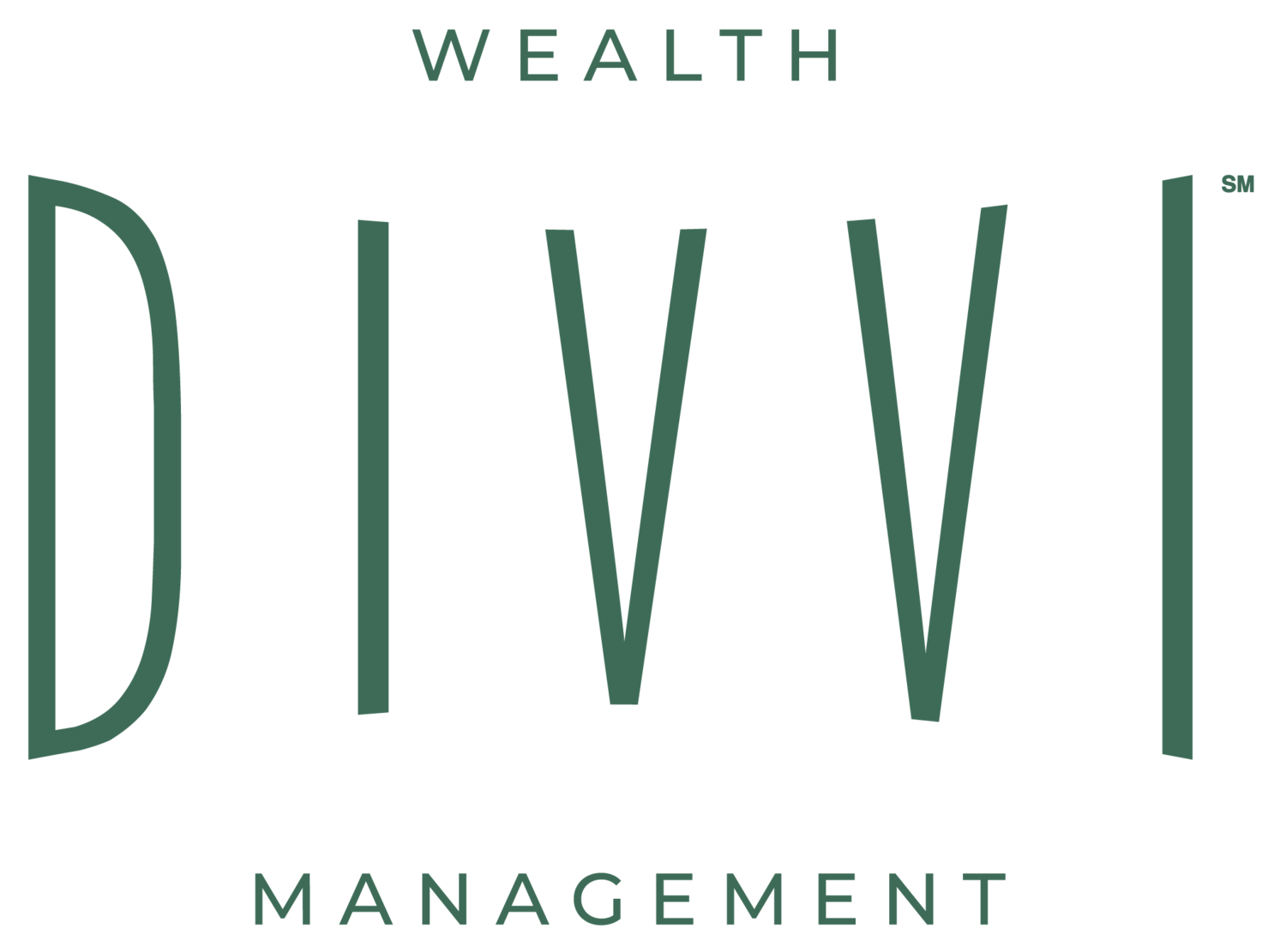The Modern Investor
Written by Human Advisors, for Human Investors
Prefer YouTube?
Author
Category

Potential Benefits of Health Savings Accounts (HSAs)
Health Savings Accounts offer significant potential tax advantages. Contributions are made with pre-tax dollars, grow tax-deferred, and withdrawals for qualified medical expenses are tax-free, making HSAs triple-tax advantaged. To qualify for an HSA, one must be covered under a high deductible health plan (HDHP) and meet other specific criteria. It’s important to weigh the higher out-of-pocket costs against the long-term benefits.

Time to Consider Roth Conversions?
Would you like to pay more income tax this year? It might not be as crazy as it sounds. Roth conversions – the process of moving money from a pre-tax retirement account to a tax-free, Roth alternative – can be a powerful retirement income planning and tax planning tool. But it likely means pulling income from the future to the present, along with any associated income tax.

Want to Retire Richer? Five Ways SECURE Act 2.0 Could Help in 2024.
SECURE Act 2.0, passed in late 2022, was full of new provisions for retirement savers and investors. Now that a year has gone by, it may be a good time to remind ourselves of some of the most important changes going into effect this year.

The Best Investments from 2023
Every once in a while, we feel the need to be less serious and write about something that is purely entertaining (well, for us nerds, anyway). This post should be treated as such. Pure entertainment. Nothing actionable. Absolutely no advice. To that end, here are the best investments of 2023.

Roth vs Traditional 401(k) in 2024: Navigating Retirement Planning and Tax Planning
Retirement planning options continue to evolve, and the Roth 401(k) has become an option for more and more people. Determining which is better - Roth or traditional 401(k) - will often come down to the assumptions made around current vs. future income levels, current vs. future income tax rates, and when (or if) retirement savings will be spent down. Sometimes the answer may seem obvious. For those with murkier forecasts, using both options can make sense, too.

After the 401(k), Where to Invest Next?
Some investors prefer to max out the 401(k), either with pre-tax contributions or after-tax Roth contributions. Others contribute just enough to take full advantage of an employer match. And for many others, the answer is somewhere in between. Regardless of how that question is answered, people often wonder where to go next. What makes the most sense after 401(k) contributions are finished for the year? Let’s look at a few options, specifically through the lens of tax treatment, availability, and flexibility.

Time for Open Enrollment? Three Benefits That Shouldn’t be Overlooked
Soon, many of us will receive a 20-page PDF from HR with a myriad of complex options to navigate in advance of the always stressful deadline. But before you just re-enroll in the same benefits from last year, grab that pumpkin spice latte while we review some of the most financially impactful benefits you may want to consider.

Returns That Matter: Can You Keep More of What You Earn?
Asset allocation – the percentage invested in stocks, bonds, and other asset classes – rightly receives a lot of investor attention. Asset location, on the other hand, is often overlooked. If you pay taxes on investment income, that could be a costly mistake.

Earn too much for a Roth IRA? Two considerations before you use the ‘backdoor’ Roth IRA.
The backdoor Roth IRA strategy can be an effective way for high-income individuals and families to save for retirement. Be careful to avoid common pitfalls that might create unexpected and unwanted taxes. Consider all your options and try to think holistically about retirement – few if any solutions are one-size-fits-all.

What Should I Do With My 401(k)?
Target-date funds have grown in popularity for retirement savers. And for good reason. But are they the right answer for everyone? See where it might make sense to consider a more tailored approach to allocating retirement plan assets.

New Employer? Things to Consider Regarding the Old Retirement Plan.
You have a new employer. What should you do with the old 401(k) or retirement plan assets? Leave it where it is, bring to the new employer’s plan, or rollover into an IRA? Here are some of the key considerations around taxes, investment options, and fees, as well as a few other items to take into account.

